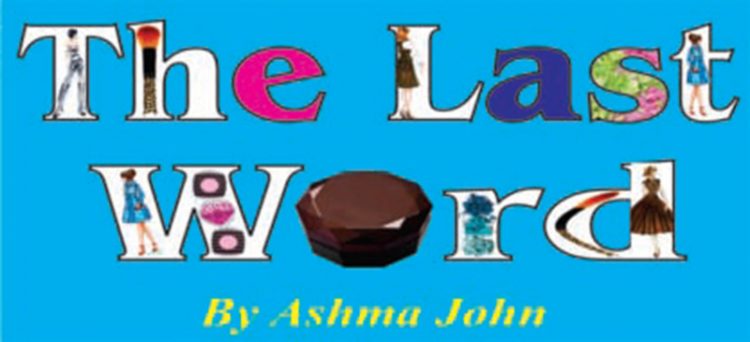
A Trinidadian friend of mine made a post on social media a few days ago in response to an ‘All lives Matter’ post where she highlighted that Black Trinidadians often embrace Indian wear, but the reciprocation was far and few between. While our experiences may vary, it made me realise that though I am half Black and half Indian, growing up I had many salwars and other Indian pieces, but never owned a single piece of traditional African wear.
There is something deeply distressing about this, coupled with the fact I cannot recall ever going to an emancipation festival in the National Park, but have lost count of the multitude of Diwali motorcades I have been to. It got me thinking about how easily we demonize and ostracize aspects of black fashion and culture, sometimes without even being conscious of doing so. However, there is a new awareness that forces us to examine our actions and perhaps we can better understand where they originate. If growing up, you have ever heard any of the following it is a representation of veiled racism:
Wearing black clothing
If you have ever heard that wearing black clothing does not show up your colour or it makes you look too dark, this proffers the view that “lightness” is to be aspired to. When black is seen as ‘dark’ and unbecoming, it is not enough to say it doesn’t suit you. The question is why you are being asked to believe that it doesn’t.
Supposedly moral attire
Neon colours, eccentric silhouettes, and stiletto nails have often been seen as ghetto or for black people only. Here again such remarks further force us to assess why we don’t categorically say the same about nose rings and why not. It should be fair for everyone to integrate what they believe to be pleasing to their personal identity.
Saying no to the arts
I grew up hearing that a becoming a lawyer, doctor or engineer was the ideal career path. The arts, particularly fashion, have always been seen as choices for people with no skills or intellectual capacity. While encouraging their offspring to shun black fashion designers as no good, the same people are willing to pay obscene amounts of money to flaunt what is offered by white fashion designers in predominantly white countries. We must ask ourselves why we never question our double standards.





